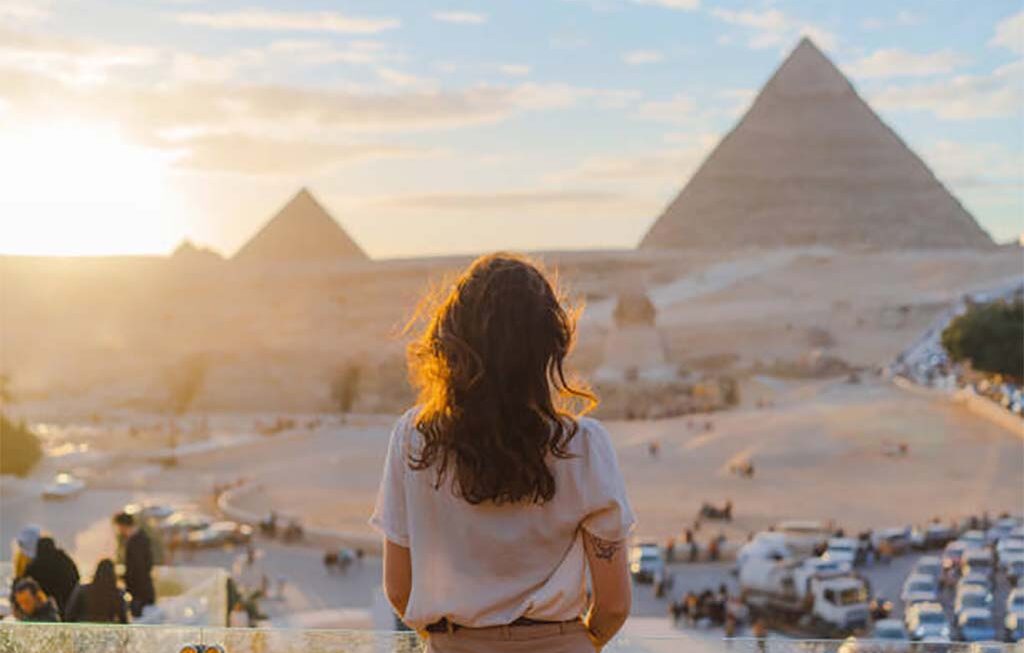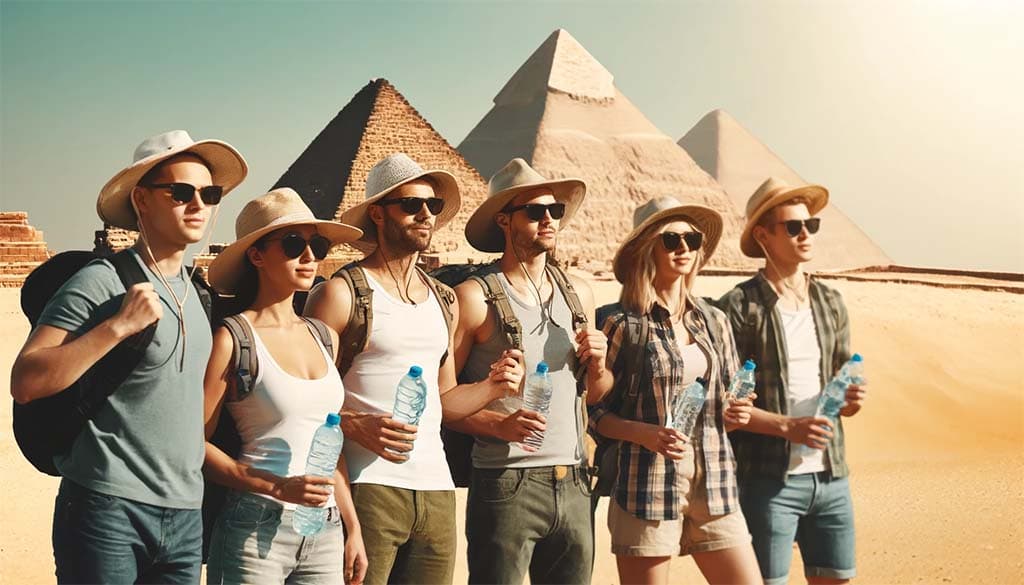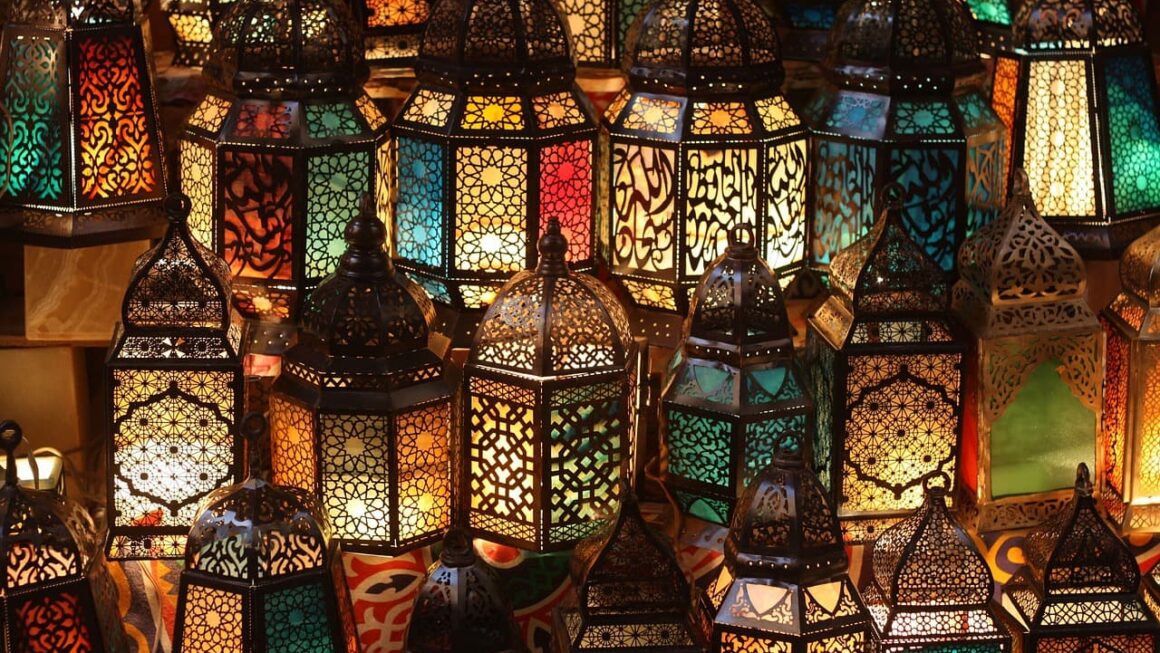Egypt, a country synonymous with ancient civilization, is a treasure trove of history and culture. It is the cradle of one of the world’s oldest civilizations, known for its magnificent pyramids, the majestic Nile River, and its distinct hieroglyphics. The blend of Arab, African, and Mediterranean influences has shaped its rich and diverse culture, visible in its architecture, literature, music, and dance. Egypt’s cultural heritage is an exquisite tapestry woven over millennia, and understanding this historical backdrop can significantly enhance your experience of the country.
Understanding Egyptian Customs and Etiquette
As with any country, understanding local customs and etiquette in Egypt is essential. Egyptians are known for their warm hospitality and friendly nature. It’s customary to greet with a firm handshake, and it’s polite to say “As-Salamu Alaykum” (peace be upon you) upon meeting. Respect for elders is a significant part of Egyptian society. In public places, modest behavior is expected, and public displays of affection should generally be avoided. Understanding these customs can help ensure a smooth and respectful interaction with the locals.
Insights into Egyptian Cuisine
Egyptian cuisine is a delightful gastronomic journey that should not be missed. It’s primarily a mix of Mediterranean flavors, with heavy use of vegetables, legumes, and spices. Staples include ful medames (mashed fava beans), koshari (a mixture of rice, lentils, pasta, and tomato sauce), and molokhia (a green soup made with jute leaves). Egyptian street food is a must-try, offering a range of delicious and inexpensive options. Sampling local delicacies can provide an authentic taste of Egyptian culture, adding another enriching layer to your travel experience.
Exploring Egypt’s Iconic Landmarks
Egypt is home to an array of iconic landmarks that testify to its historical significance. From the majestic Pyramids of Giza, the last of the Seven Wonders of the Ancient World, to the stunning temples of Luxor and Karnak, these architectural marvels are awe-inspiring. Not to forget the Egyptian Museum in Cairo, housing an extensive collection of ancient artifacts. Remember to respect the rules around photography and preservation when visiting these sites. Experiencing these landmarks first-hand can connect you to the ancient world in a profound and lasting way.

Tips on Money and Currency
The official currency of Egypt is the Egyptian pound (EGP). Credit cards are widely accepted in cities and tourist areas, but it’s always good to carry some local cash for smaller establishments and rural areas. ATMs are prevalent, and foreign currency can be easily exchanged at banks or licensed exchange offices. Remember, haggling is commonplace in local markets, known as souks, so don’t be afraid to negotiate prices. Understanding the currency and having some knowledge of the local economy can make transactions smoother.
Travel Safety in Egypt
While Egypt is generally a safe destination, like any other country, it’s essential to take certain precautions. Stay updated with the latest travel advisories and be aware of your surroundings, especially in crowded tourist spots. It’s advisable to avoid political gatherings or demonstrations. In case of emergencies, the national police, ambulance, and fire brigade numbers are 122, 123, and 180, respectively. Being aware of these safety measures can provide peace of mind and ensure a safe and enjoyable trip.
Navigating the Egyptian Weather
Egypt is primarily a desert country, and its climate is characterized by hot summers and mild winters. The best time to visit is between October and April, when the weather is cooler. If traveling in summer, it’s essential to stay hydrated and wear sun protection. In winter, nighttime temperatures can drop significantly, particularly in desert areas, so packing a warm layer is advisable. Understanding the climate can help you pack appropriately and plan activities for optimal comfort.
Understanding Egyptian Dress Code
While Egypt is a predominantly Muslim country, its dress code is generally more relaxed compared to other Middle Eastern countries. However, modest attire is appreciated, especially in rural areas and religious sites. For women, it’s advisable to cover shoulders and knees, and men should avoid wearing shorts. This is not just about conforming to local norms but also about showing respect for the local culture.
Importance of Learning Basic Arabic Phrases
While English is widely understood in tourist areas and major cities, knowing some basic Arabic phrases can go a long way. Simple words like “shukran” (thank you), “afwan” (you’re welcome), and “min fadlak” (please) can help foster a positive interaction with locals. Additionally, learning numbers can be beneficial, especially when haggling in markets. Even if your pronunciation isn’t perfect, the effort to communicate in the local language is often appreciated and can lead to more meaningful and enjoyable experiences.



